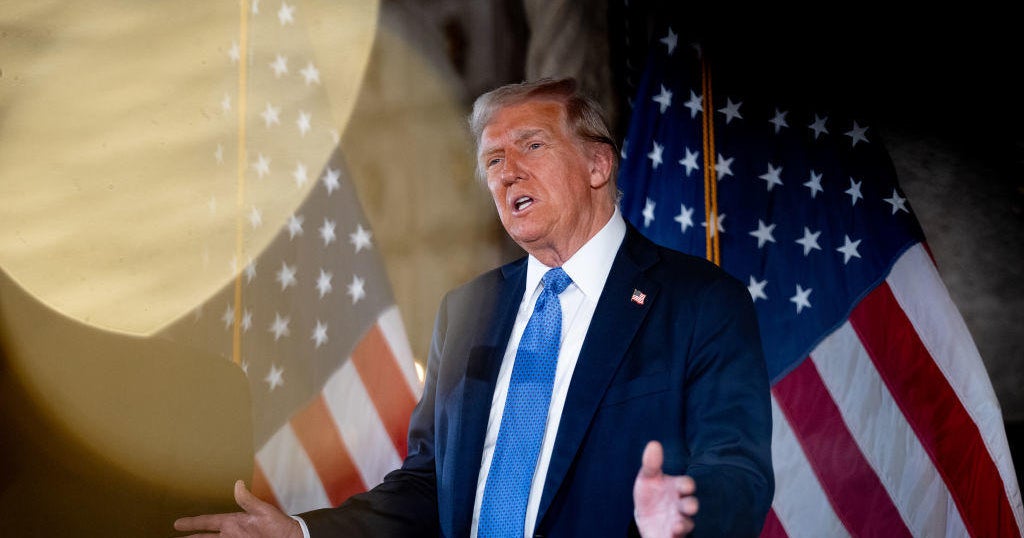Bipartisan deal reached on Obamacare payments, says GOP senator
WASHINGTON -- A leading Republican senator says he and a top Democrat have reached an agreement on a plan to extend federal payments to health insurers that President Trump has blocked.
GOP Sen. Lamar Alexander of Tennessee told reporters Tuesday afternoon that the next step will be for him and his negotiating partner - Democrat Patty Murray - to win enough support from colleagues to push it through Congress.
Earlier, Alexander said in an interview that he was nearing agreement with Murray to continue federal payments to insurers for two more years. In exchange, Republicans want Congress to give states flexibility to avoid some coverage requirements under President Barack Obama's health care law.
"We are ironing out a few of the last details right now," Murray told reporters at a press conference, adding that she was able to find "common ground to stabilize the markets" with Alexander.
Both senators will need to present the plan to their colleagues to see if they can win enough support for the plan to pass the Senate.
The president acknowledged at a White House press conference Tuesday that the senators have been working on a deal to stabilize health care markets.
"This is a short-term deal," said Mr. Trump, who halted the insurers' payments last week, but has said he wants a bipartisan deal to continue them temporarily.
The cost-sharing reduction (CSR) payments are subsidies that help lower-income Americans afford health insurance. They're paid by the administration directly to insurers. The Trump administration concluded that the government could no longer legally make the CSR payments -- even though it had been paying them since the president's inauguration in January -- because Congress didn't approve the appropriation for them. According to estimates, they cost the government $7 billion in fiscal 2017, which ended Sept. 30 and $10 billion in the current fiscal year.
The nonpartisan Congressional Budget Office (CBO) warned that if the president ended the subsidies, premiums would increase by 20 percent for silver plans next year and some people would have no insurers in the nongroup market.



